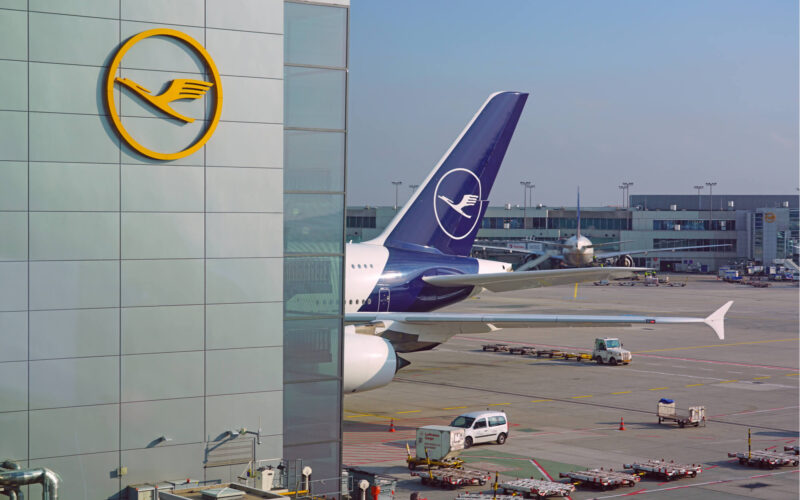German airline group Lufthansa (LHAB) (LHA) is not out of the crisis caused by COVID-19 yet, but its chief executive has sounded an optimistic note that the pandemic is entering the final stage.
“We are looking forward with optimism to the last phase of the pandemic,” Carsten Spohr told journalists at an event in Frankfurt on August 30, 2021.
Spohr noted a prediction made at the start of the pandemic that aviation was the first sector to be affected by the pandemic and would be the last to emerge from it.
“Sadly, out of all the wrong predictions that were made, it looks like that one will prove to be right,” Spohr said.
Spohr said Lufthansa (LHAB) (LHA) was able to draw positive conclusions from the summer, highlighting that even with passenger numbers at 50% of normal levels, Lufthansa (LHAB) (LHA) had managed to achieve positive cash flow thanks to cost cuts.
He said the United States being closed to travelers from Europe remains a big issue, but added that Lufthansa (LHAB) (LHA) was managing well with one-sided traffic flows across the Atlantic, helped by cargo demand.
Cargo has been the bright spot for Lufthansa (LHAB) (LHA) and other airlines during the pandemic. Spohr, who was once head of Lufthansa Cargo, said managers had been secretly betting whether its cargo division would reach €1 billion ($1.2 billion) in operating profit this year, but now that was a realistic target. Its cargo division reported a record adjusted operating profit of €640 million in the first half of 2021.
“But I don’t need to tell you that cargo can’t compensate for all the other problems. That’s why restructuring remains our focus,” the CEO said.
Lufthansa (LHAB) (LHA) has gone from 140,000 staff down to 110,000 and is aiming for a workforce of 100,000.
Reducing emissons
Spohr also said that Lufthansa (LHAB) (LHA) was seeing a trend for wealthy leisure travelers to buy business or first class tickets and that as a premium airline, Lufthansa (LHAB) (LHA) was hoping to tap into that trend.
Turning to the sustainability debate, Spohr said that Lufthansa (LHAB) (LHA) was the biggest customer of synthetic fuels in Europe. However, the amounts available are barely enough to cover one day’s worth of flights across the Atlantic.
“That shows the enormity of the challenge,” he said.
Another way to reduce emissions is to use newer planes, Spohr said. “The modernization of the fleet has to not only continue, but must be sped up.” Lufthansa (LHAB) (LHA) plans to use more leasing in the future to achieve this. He said that the pandemic had meant good deals were available, but that negotiations had become tougher over the last six months.
Spohr also called for progress to be made on the Single European Sky project to modernize and make more efficient use of European airspace. Spohr said that, for example, fuel consumption and flight times between Frankfurt and Paris had been cut by 16% during the pandemic, because the skies were emptier and more efficient routes could be flown.
“We believe that at least 10% of this 16% saving is possible,” he said.

